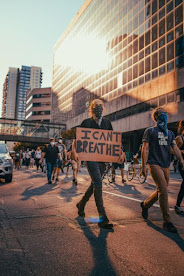Geothermal energy: Turkey is Kenya's next target

A geothermal Steam Gathering System The stage is now set for Kenya’s 105MW geothermal electricity generation to take off. The US$108 million at the Menengai geothermal station is now complete, announced Africa Development Bank. The project involved well-drilling and construction of the Steam Gathering System (SGS). The bank, the co-financier of the development phase, says the project met all targets. These include drilling 50 Wells and construction of the steam gathering system. It drilled 49 Wells producing enough steam to generate 170 MW against the initial target of 150MW. The report says that completion of the phase1 was a drawback to the financial closure of the IPP contract due to conditions attached to the deal. Among the conditions were; approved PPA contracts and, Proof of Steam Supply Agreement, PISSA. These conditions could not be met before the completion of phase 1 since Menengai geothermal was a greenfield project. However, the completion of t...


